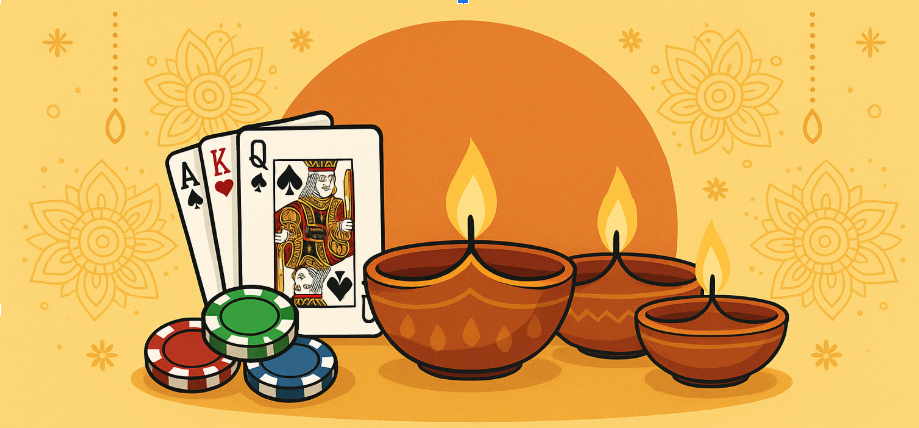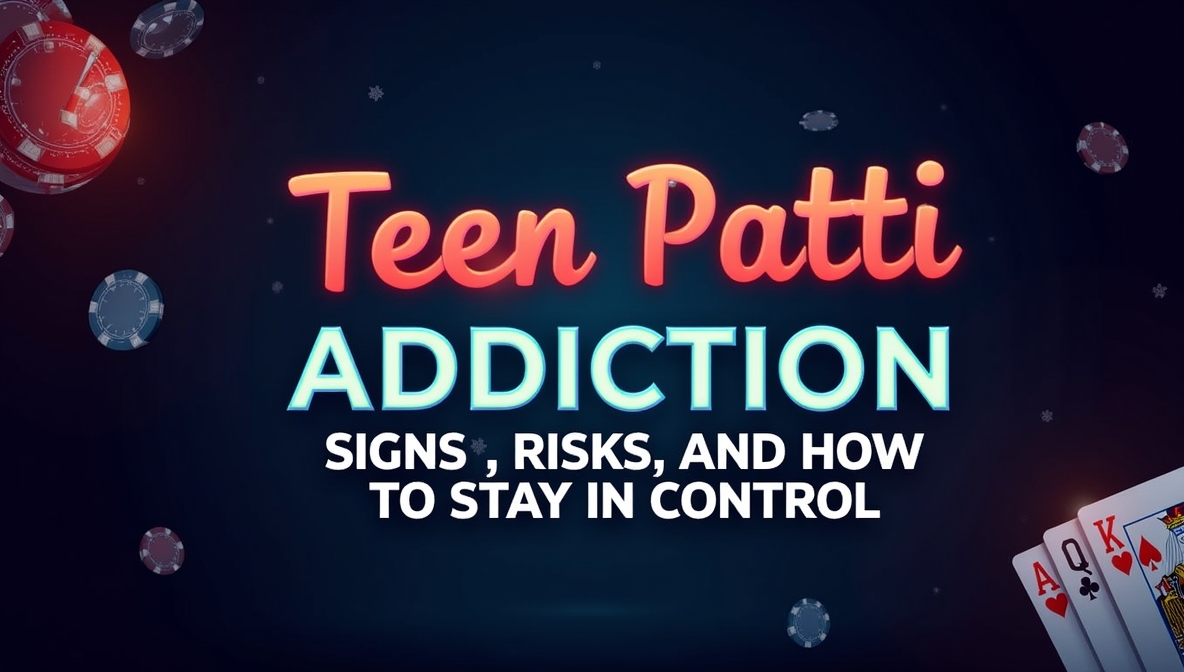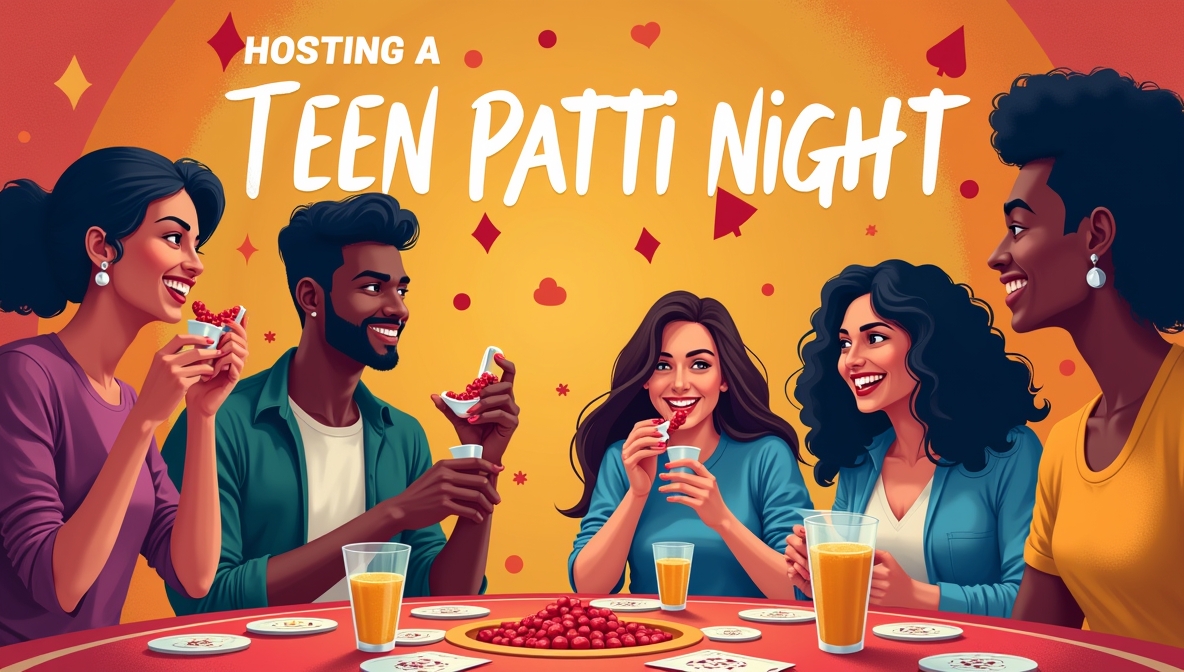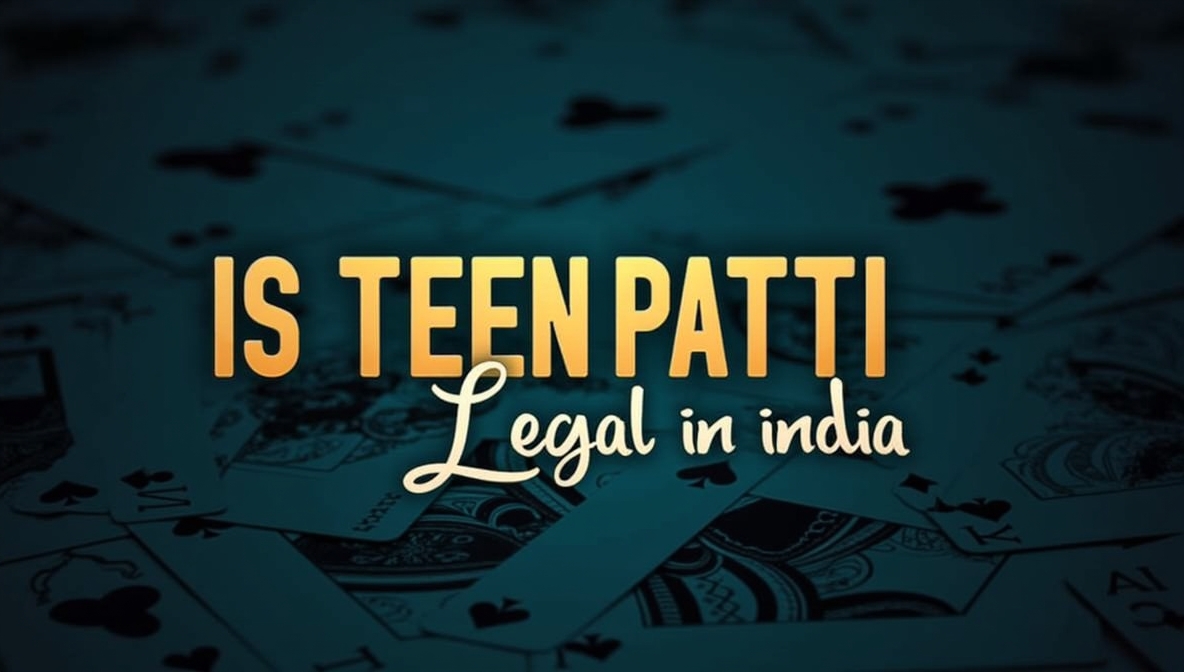Introduction
Diwali, the Festival of Lights, is one of the most celebrated festivals in India. It brings with it joy, lights, gifts, sweets—and an unmistakable sound of laughter over a table of playing cards. Among all the festive traditions, playing Teen Patti (also known as Indian Poker) holds a special place in Indian households. This popular card game isn’t just about gambling or winning money; it has deeper cultural roots tied to celebration, prosperity, and bonding.
In this article, we explore why Teen Patti has become a Diwali tradition in Indian households, how it is played, and what makes it such a beloved activity during the festive season.
What is Teen Patti?
Teen Patti, meaning “three cards” in Hindi, is a fast-paced card game similar to poker. It is typically played with 3 to 6 players using a standard 52-card deck without jokers. Each player is dealt three cards face-down, and the goal is to have the best three-card hand or bluff your way to victory.
The rankings of hands in Teen Patti are similar to poker, ranging from Trail (three of a kind), Pure Sequence (straight flush), and Sequence (straight) to Pair and High Card. Bets are placed in a pot, and the winner takes all.
The Mythological Connection: Why Cards on Diwali?
The origins of playing Teen Patti during Diwali are steeped in Indian mythology. According to legend, Goddess Parvati played dice with Lord Shiva on the night of Diwali, and she declared that anyone who gambled on Diwali night would prosper throughout the year.
This belief has passed down generations and evolved into a widespread cultural tradition. While dice was the game of ancient times, in modern India, Teen Patti became the game of choice—exciting, social, and easy to play with family and friends.
Symbol of Prosperity and Good Luck
Diwali is a festival that celebrates wealth, fortune, and new beginnings, especially with the worship of Goddess Lakshmi, the goddess of wealth. Many people believe that playing card games like Teen Patti invites good luck and symbolizes the welcoming of prosperity into their homes.
Even those who are not regular gamblers often participate in Teen Patti sessions during Diwali, seeing it as an auspicious act rather than a game of chance.
A Social Tradition: More Than Just a Game
One of the biggest reasons Teen Patti thrives during Diwali is its role in bringing people together. In a world increasingly driven by digital communication, Diwali card parties offer a rare chance to reconnect with family, friends, and even neighbors in person.
These gatherings are not about serious gambling but about:
- Sharing laughter and stories
- Enjoying food and music
- Creating lasting memories
- Welcoming guests and strengthening bonds
Whether it’s a small group of cousins or a large Diwali party, Teen Patti helps break the ice, foster friendly competition, and keep the festive spirit alive.
Teen Patti Variations That Spice Up Diwali
Over time, Indian families have created dozens of fun and exciting variations of Teen Patti to make the game more interesting. Some popular ones include:
- Muflis (Lowball Teen Patti): The hand with the lowest value wins.
- Joker Teen Patti: Some cards are declared as jokers, making it easier to form higher-ranking hands.
- AK47: A, K, 4, and 7 are jokers.
- 999: The closest to 999 wins, adding a twist to the traditional gameplay.
These variations not only add spice to the game but also make it accessible to everyone, including beginners and children (with play money, of course).
Online Teen Patti: The New Age Diwali Craze
With the rise of mobile gaming, Teen Patti has gone digital. Apps like Teen Patti Gold and Octro Teen Patti have become massively popular, allowing people to play the game online with friends or strangers across the country.
During Diwali, these platforms often host special tournaments, giveaways, and in-game Diwali themes, making the experience even more engaging. It’s a great option for those who can’t meet in person but still want to be a part of the tradition.
Is Playing Teen Patti During Diwali Gambling?
This is a common question, and the answer depends on intention and context. In Indian households, playing Teen Patti during Diwali is generally seen as recreational and symbolic rather than as a form of serious gambling.
The stakes are usually low, and the main goal is entertainment and family bonding. However, it is important to play responsibly and ensure that the game remains friendly, inclusive, and within legal limits.
Tips for Hosting a Teen Patti Diwali Night
If you’re planning to host a Diwali party with a round of Teen Patti, here are some quick tips:
- Set the Mood: Decorate with diyas, lanterns, and colorful rangolis.
- Prepare the Table: Use chips or coins to keep things organized.
- Keep It Friendly: Set betting limits and encourage everyone to join in.
- Add Music and Snacks: Make it a complete festive experience with food and Bollywood beats.
- Teach the Rules: Have someone guide newbies or play a few practice rounds.
Conclusion
From mythological roots to modern online apps, Teen Patti has woven itself into the fabric of Diwali celebrations in Indian homes. It’s more than a card game—it’s a tradition of fun, fortune, and family bonding.
Whether you’re playing for coins, snacks, or just bragging rights, Teen Patti adds a spark to Diwali night. So, the next time you light your diyas and enjoy some sweets, don’t forget to bring out the deck and deal a few hands. After all, Teen Patti is as much a part of Diwali as lights, fireworks, and laddoos.





